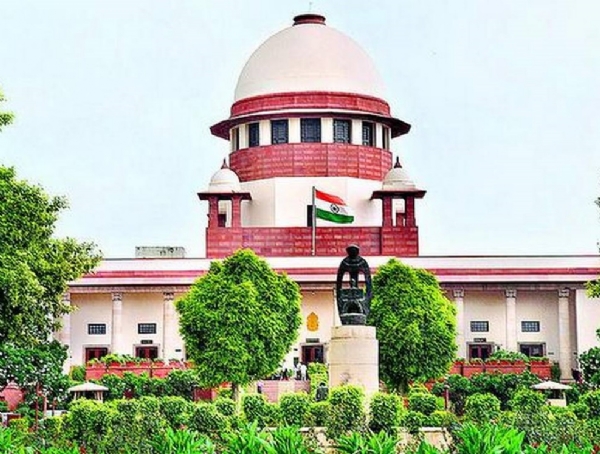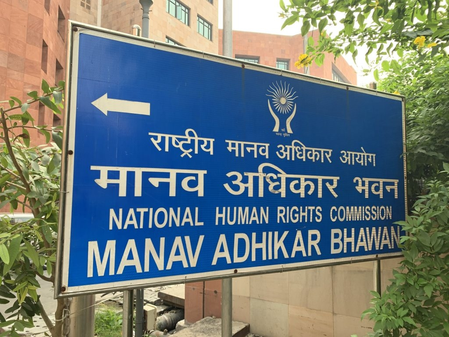
New Delhi, May 21 (H.S.): The Supreme Court will continue to hear petitions challenging the Waqf Amendment Act on May 22. During Wednesday’s hearing, Solicitor General Tushar Mehta, representing the central government, stated that Waqf is an Islamic concept, which is not disputed, but Waqf is not an essential part of Islam.
During the hearing, Mehta said that the government had noticed some shortcomings regarding Waqf in 2023 and brought in a law to address them. He mentioned that some petitioners who are present do not represent all people of the Muslim community. Mehta stated that this law was passed after extensive consultation by a joint parliamentary committee.
Mehta mentioned that the provision concerning Waqf by user has now been removed from the new law. He stated that no one can have permanent rights over government land. The government can reclaim such land, even if it has been declared as Waqf. This is not a fundamental right. He added that the Waqf Board only engages in secular activities, while temples are entirely religious institutions, which can also be managed by Muslim individuals.
Earlier, during the hearing on May 20, lawyer Kapil Sibal had stated that making non-Muslims members of Waqf Councils is not secularism. He noted that our objection is that not a single non-Hindu is involved in the management of any Hindu religious site. If you are granting privileges to other religious communities, why not here? Sibal pointed out that if you look at the Waqf boards of 14 states, all members are appointed; there are no elections. He said that just as educational institutions have the right to manage their affairs, so too should religious institutions have the right to manage their own matters. Sibal stated that the creation of Waqf is not a secular act; it is property of Muslims that they dedicate to God.
The central government has opposed the petitions challenging the Waqf Amendment Act in the Supreme Court, claiming that these amendments do not violate fundamental rights. In a counter-affidavit filed in the Supreme Court, the central government stated that the amendment to the Waqf Act aims for the secular management of properties. The central government asserted in the affidavit that the Waqf Amendment Act does not violate Articles 25 and 26 of the Constitution. These amendments fall within the government’s area of activity.
Hindusthan Samachar / Jun Sarkar





